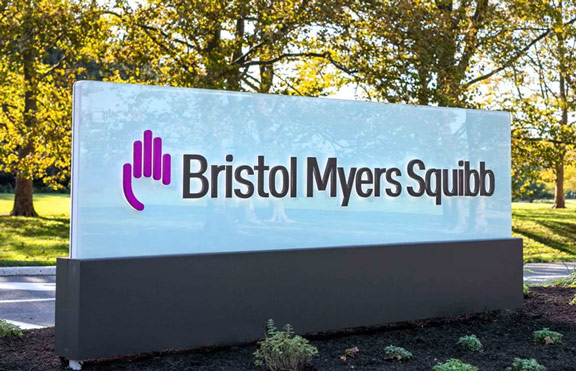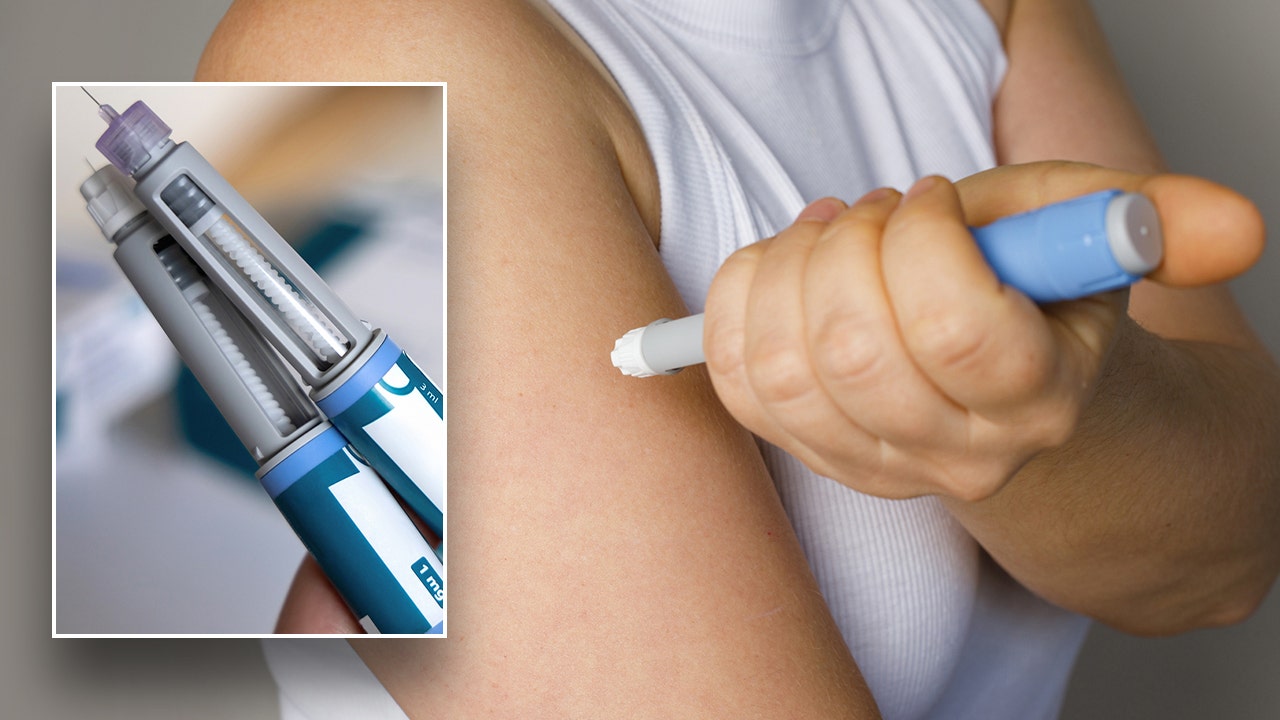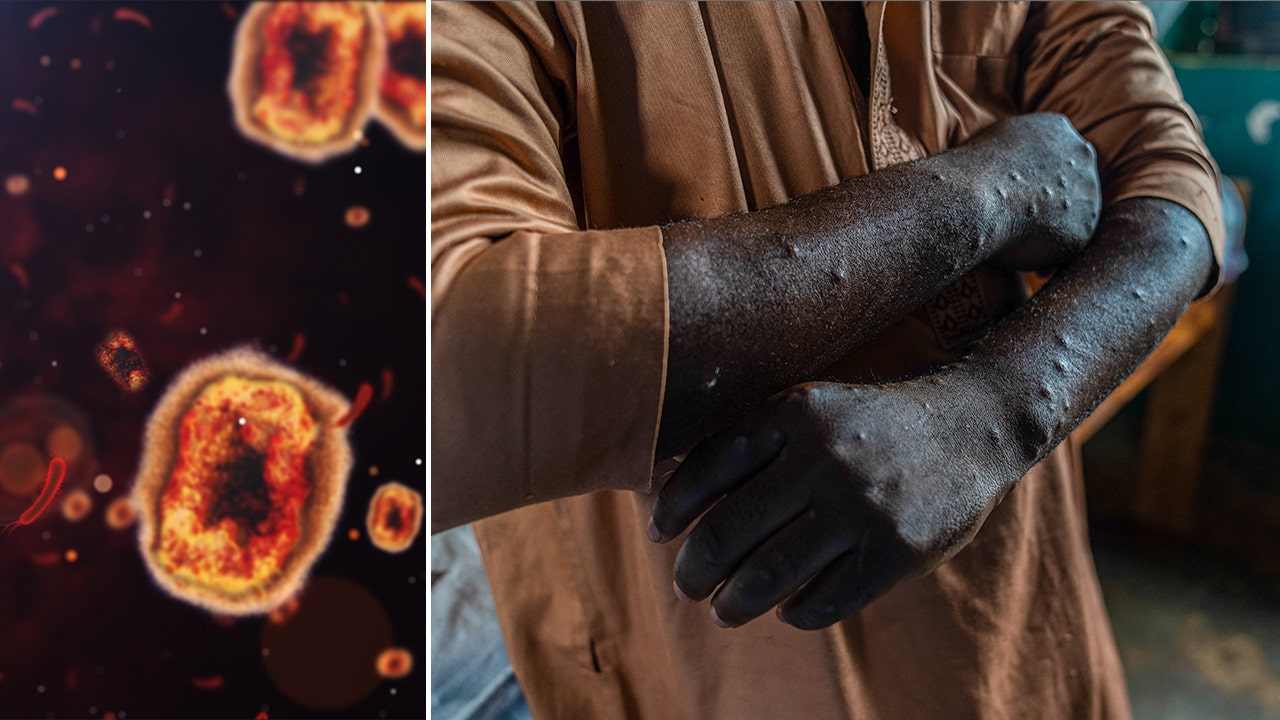Bristol Myers Squibb has decided to return an experimental cancer immunotherapy drug to Agenus, ending a potentially lucrative partnership that could have brought more than $1 billion to the Lexington, Massachusetts-based biotechnology company.
In a regulatory filing on Friday, Agenus disclosed that Bristol Myers terminated the licensing deal they established in 2021. This decision is part of Bristol Myers’ “strategic realignment” of its research and development efforts, which includes Agenus’ drug AGEN1777, as well as other licensed products. The termination of the deal will take effect on January 26.
AGEN1777 is one of several experimental drugs targeting a protein called TIGIT, which has been the focus of significant attention in recent years due to early indications that these drugs may enhance the efficacy of other cancer immunotherapies. Major pharmaceutical companies such as Merck & Co., Roche, Gilead Sciences, GSK, and Bristol Myers have either developed their own TIGIT programs or entered into agreements for TIGIT drug candidates.
However, the results from later-stage trials have been mixed. Roche’s TIGIT drug, tiragolumab, failed multiple late-stage trials, prompting the company to halt several additional studies. Similarly, Merck’s TIGIT drug, vibostolimab, has faced challenges. After a study setback in May, Merck significantly scaled back its TIGIT research, stopping multiple studies, as noted by Leerink Partners analyst Daina Graybosch in a recent research note.
Although some crucial study results are still pending — particularly a Phase 3 trial assessing whether Roche’s drug can extend the lives of lung cancer patients — the existing findings have made analysts doubtful about the potential of the TIGIT class of drugs.
“The totality of evidence suggests TIGIT adds clinically relevant, but modest, benefit” to widely used cancer immunotherapies, Graybosch wrote.
Bristol Myers is now cutting back its investment in TIGIT. The company initially acquired AGEN1777 in 2021 by paying Agenus $200 million in cash. Since then, the drug has progressed to mid-stage trials for gastric cancer, and Agenus received an additional $45 million in milestone payments. Bristol Myers was anticipated to release data from this trial this year.
While those results have not yet been disclosed, Agenus stated in its regulatory filing that the trial has produced “significant safety data” and shown “indications of clinical activity.” Agenus plans to either continue developing AGEN1777 independently or seek a new partner.
Nevertheless, the termination of the deal leaves around $1 billion in potential future payments unrealized, posing a financial challenge to Agenus, which has recently undergone restructuring and seen a significant drop in its share value. At the end of the first quarter, Agenus had approximately $53 million in cash and secured a royalty financing deal to strengthen its financial position.
Meanwhile, Bristol Myers has been streamlining its pipeline as part of a broader restructuring strategy aimed at saving $1.5 billion by the end of next year. The company plans to reinvest these savings into “higher growth opportunities,” according to David Elkins, Bristol Myers’ chief financial officer, during a recent conference call with analysts. The company does not have any other TIGIT drugs in clinical development.





